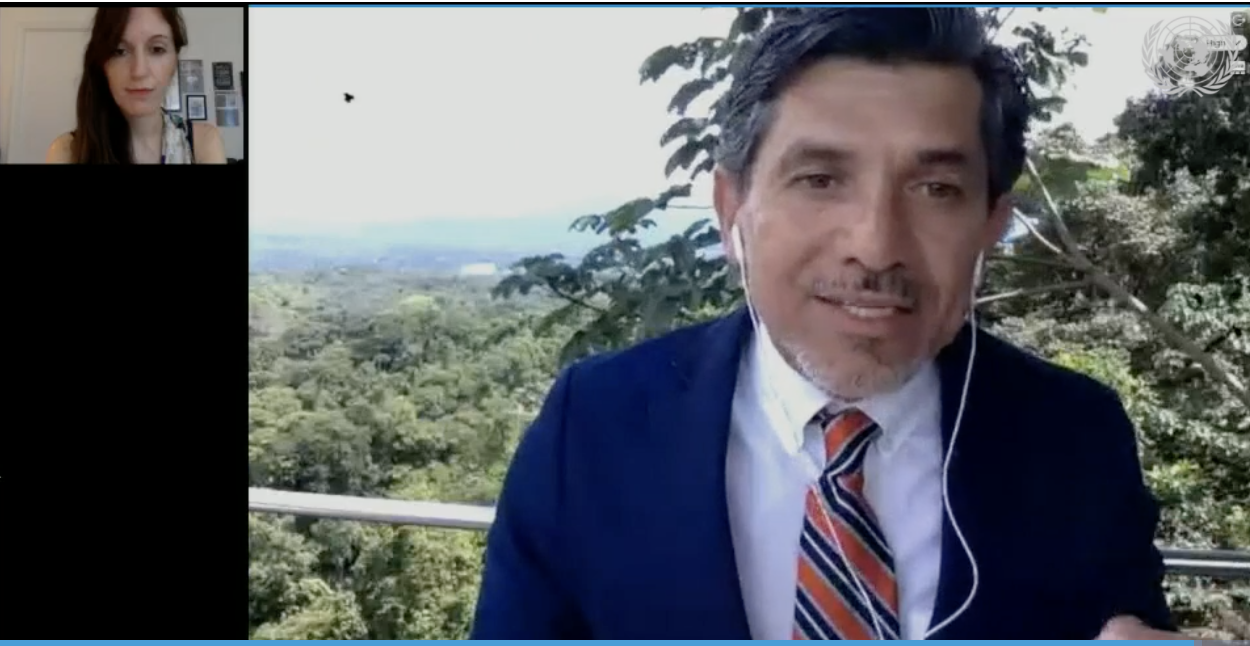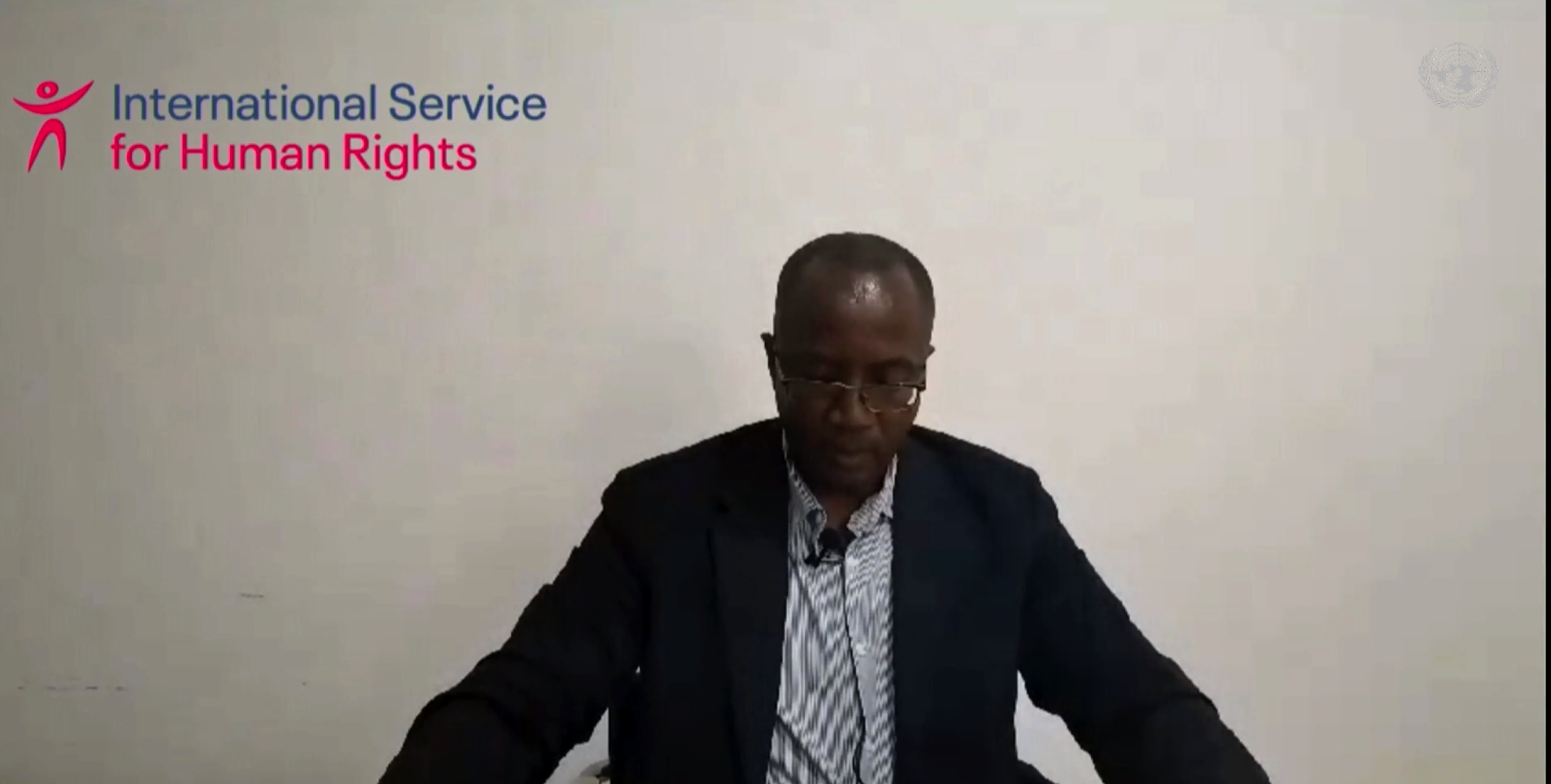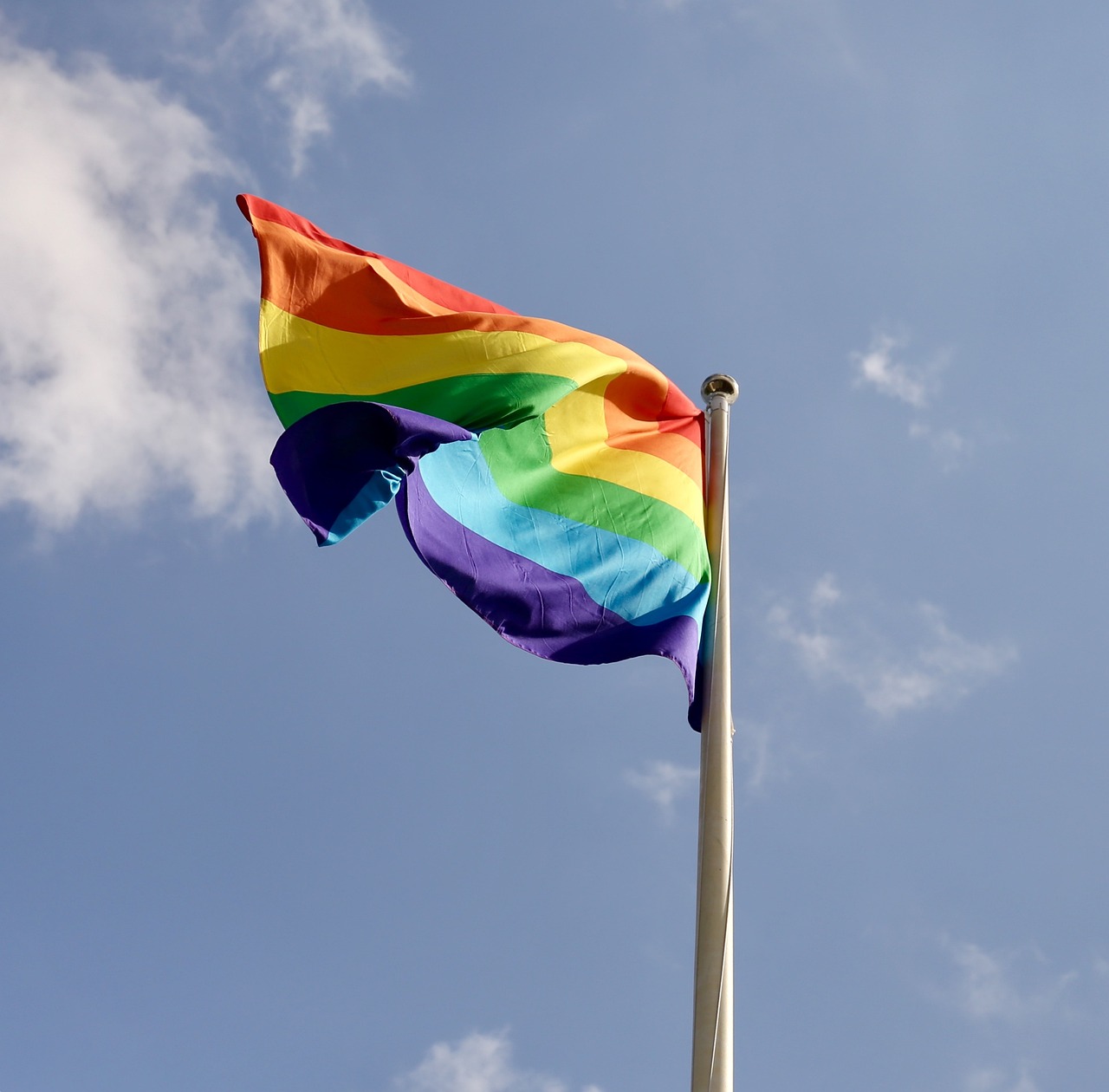On 29 October, Victor Madrigal-Borloz, the Independent Expert on protection against violence and discrimination based on sexual orientation and gender identity presented his recent report to the Third Committee.
The Expert shed light on the disproportionate impact the COVID-19 pandemic is having on the rights of LGBT and gender-diverse persons. He set out rising levels of violence, criminalization, demonization, poverty, loss of shelter and health problems. The Expert urged States to respond to the pandemic with a human rights-based approach, centred on non-discrimination, participation and empowerment of LGBT and gender-diverse communities.
‘We welcome the Expert’s conclusion that LGBT voices should be represented and reflected at all stages of the elaboration of COVID-19 response measures. LGBT rights defenders and organisations have been on the front lines, filling gaps and providing essential services for their communities, while the pandemic has had disparate and discriminatory impacts on their communities,’ said ISHR’s Tess McEvoy.
This report and its recommendations echo concerns set out in a joint submission by a coalition of 187 organisations to the Human Rights Council on the situation of LGBTI persons and those defending their rights in the context of the COVID-19 pandemic. They also build on the ‘ASPIRE’ guidelines launched by the Independent Expert this June, which encourage governments to ‘learn from the significant achievements’ of LGBT civil society organisations.
In the interactive dialogue that followed the presentation of his report, delegates of 22 countries expressed support for the report’s recommendations and committed to protecting the rights of LGBT and gender-diverse persons. Specifically Norway welcomed the work of LGBT organisations. Various delegates requested practical guidance on how best to involve civil society organizations in policy making processes when tackling the pandemic. The independent Expert highlighted good practice examples from Belgium, Argentina and Spain. He also pointed out that genuine civil society involvement can be attributed to three factors:
- long-term engagement of civil society organizations with political actors;
- political will – in particular from local officers – to ensure better governance through inclusion; and
- building and nurturing trustworthy relationships between LGBT groups and local governments over time.
The Independent Expert concluded acknowledging that human rights work by LGBT rights organisations is an essential part of the pandemic response, that must be nurtured.
Contact: Tess McEvoy, [email protected].
Photo: Screenshot of UNWebTV




